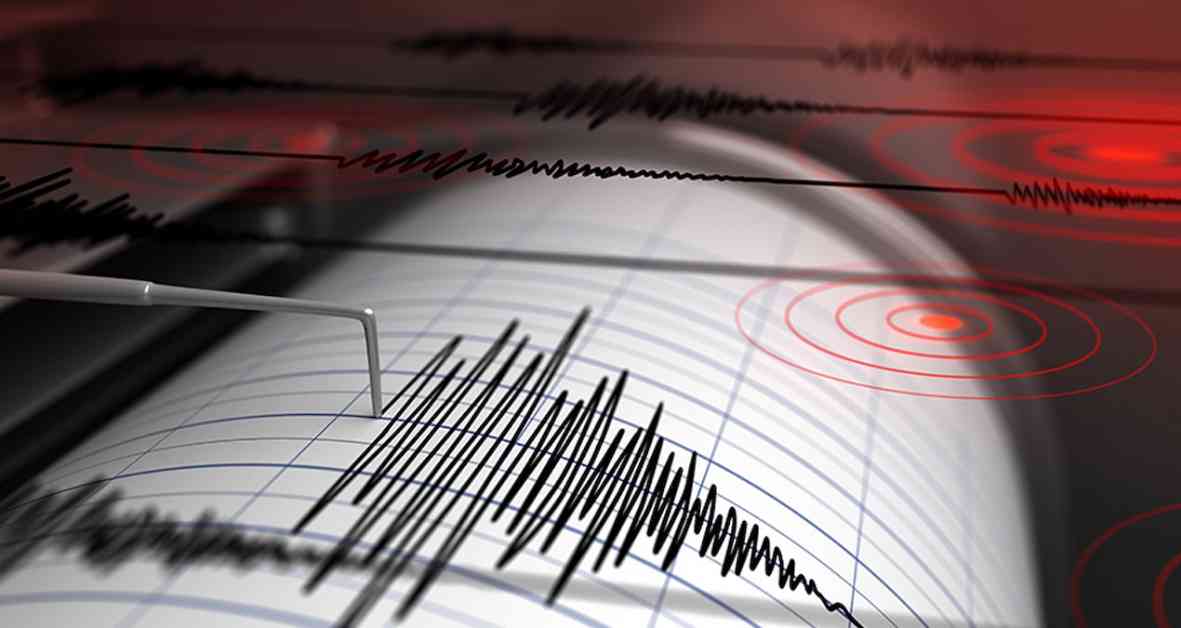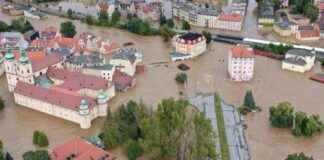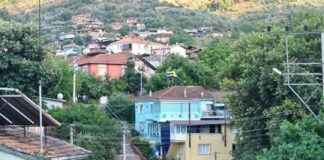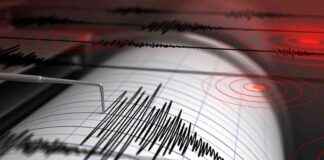The recent earthquake in Bartın, Turkey, has caused significant concern among residents in the region. According to the latest updates from AFAD (Disaster and Emergency Management Authority), the earthquake had a magnitude of 4.8 on the Richter scale and a depth of 9.33 kilometers. The tremor, which originated in the Black Sea at 10:16 AM local time, was felt not only in Bartın but also in neighboring provinces and even as far as Istanbul.
Impact on Bartın and Surrounding Areas
The seismic activity sent shockwaves through Bartın, with residents reporting feeling the ground shake beneath them. While there have been no reports of major damage or casualties so far, the earthquake has sparked fear and anxiety among locals. Amasra Kaymakamı Kadir Perçi assured the public that investigations are ongoing to assess the situation and ensure the safety of residents.
Authorities are closely monitoring the situation and have urged residents to remain vigilant. In the event of aftershocks or further seismic activity, it is essential for individuals to be prepared and follow safety protocols. This includes staying indoors, away from windows and heavy objects, and having an emergency kit with essentials such as food, water, and first aid supplies.
Earthquake Preparedness and Safety Measures
In light of the recent earthquake in Bartın, it is crucial for residents to familiarize themselves with safety measures to protect themselves and their families in the event of a natural disaster. AFAD recommends creating an emergency plan that includes evacuation routes, meeting points, and contact information for emergency services. It is also advisable to secure heavy furniture and objects that could pose a risk during an earthquake.
Furthermore, AFAD emphasizes the importance of raising awareness about earthquake preparedness in schools, workplaces, and communities. Training sessions and drills can help individuals understand how to respond effectively in an emergency and minimize the impact of a disaster. By promoting a culture of safety and preparedness, communities can better withstand the effects of natural disasters.
Community Response and Support
In times of crisis, it is essential for communities to come together and support one another. Local organizations, volunteers, and government agencies play a crucial role in providing assistance to those affected by natural disasters. By offering shelter, food, and other essential services, these groups can help alleviate the hardships faced by individuals in the aftermath of an earthquake.
Moreover, mental health support is vital for individuals who may be experiencing trauma or anxiety as a result of the earthquake. Counseling services, support groups, and hotlines can provide emotional support and resources to help individuals cope with stress and uncertainty. By prioritizing mental health and well-being, communities can heal and recover from the impact of a disaster.
In conclusion, the recent earthquake in Bartın serves as a reminder of the unpredictable nature of natural disasters and the importance of being prepared. By staying informed, following safety measures, and coming together as a community, residents can mitigate the risks associated with seismic activity and build resilience in the face of adversity. Let us stand united in the face of challenges and work towards a safer and more resilient future for all.





















